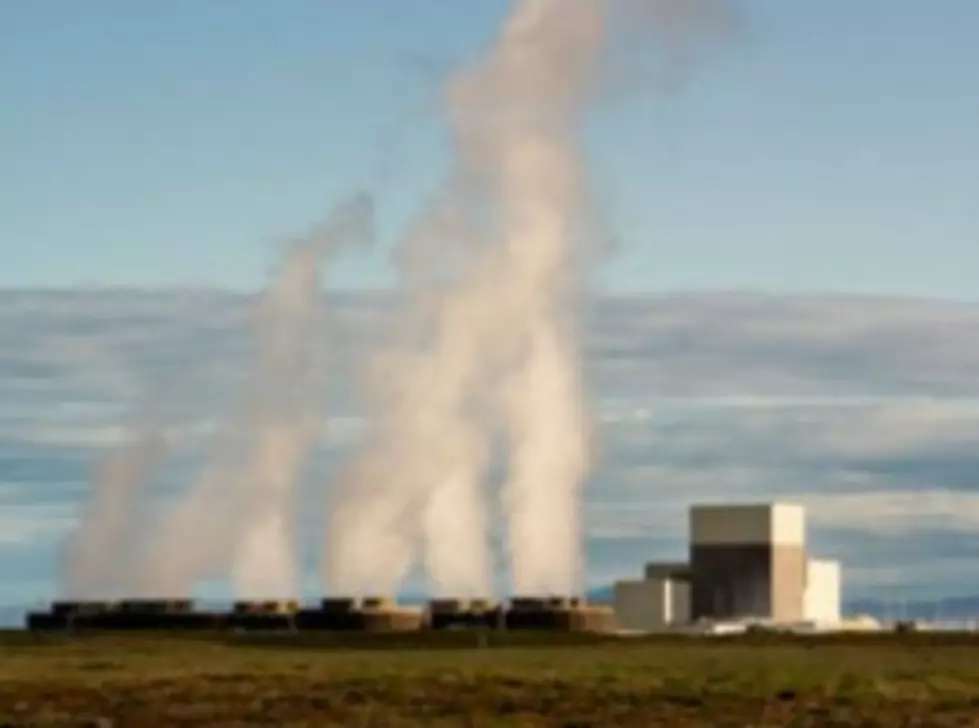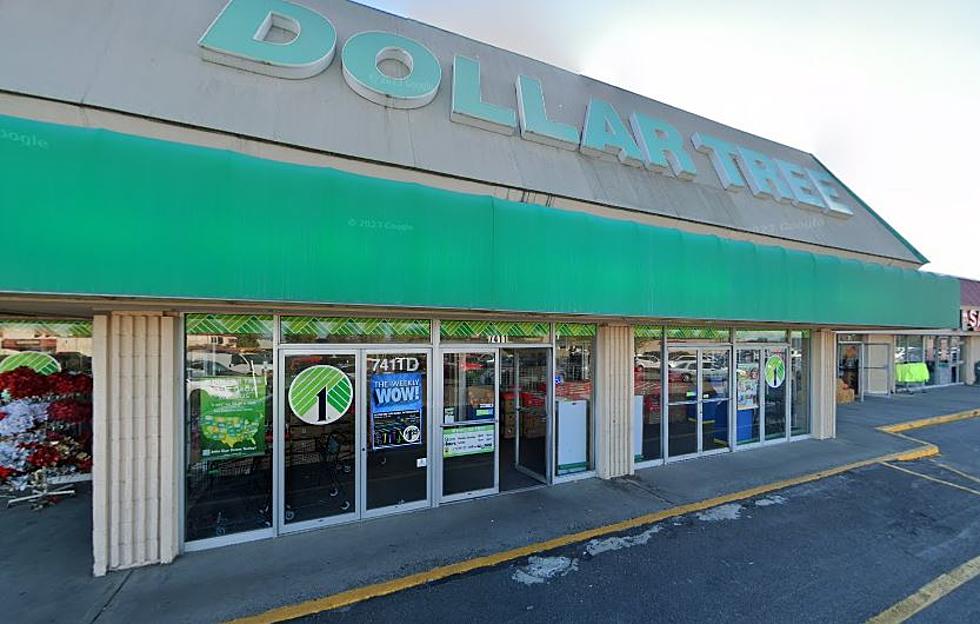
Which Industries Will Face ‘Pollution’ Tax Under Gov. Inslee’s Environmental Plan?
This week, WA Governor Jay Inslee released information about how he wants to spend $12-plus billion dollars to upgrade roads, bridges and transportation infrastructure in our state.
The plan, which contains over a billion dollars in environmental incentives and "projects" not directly related to roads or travel, is to be paid for by bonds, and what is essentially a pollution tax.
Inslee wants to implement the same cap-and-trade plan that from 2008-2010 never made it through Congress, and was tried - but abandoned - in Europe. Simply put, it boils down to a hefty tax placed on certain industries to stay in business. According to Inslee's transportation plan, this tax will amount to $4.8 BILLION dollars in all for the life of the plan.
In his news release and press conference Tuesday, Inslee made a vague reference to industries he believes are polluters:
"Sources of major transportation-related pollution, such as the oil and gas industry, will pay a charge for every ton of carbon they emit into the air.” (Bold lettering added for emphasis).
More From 870 AM KFLD









